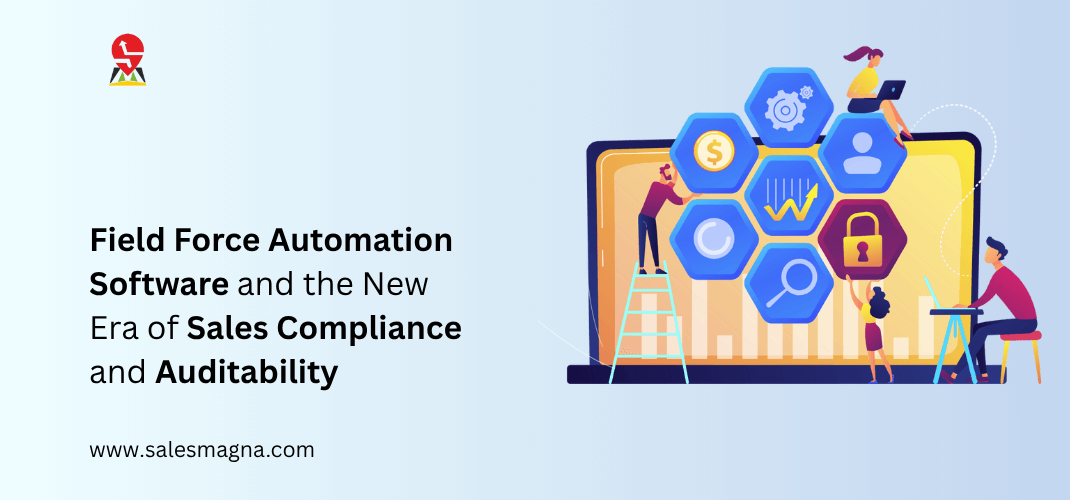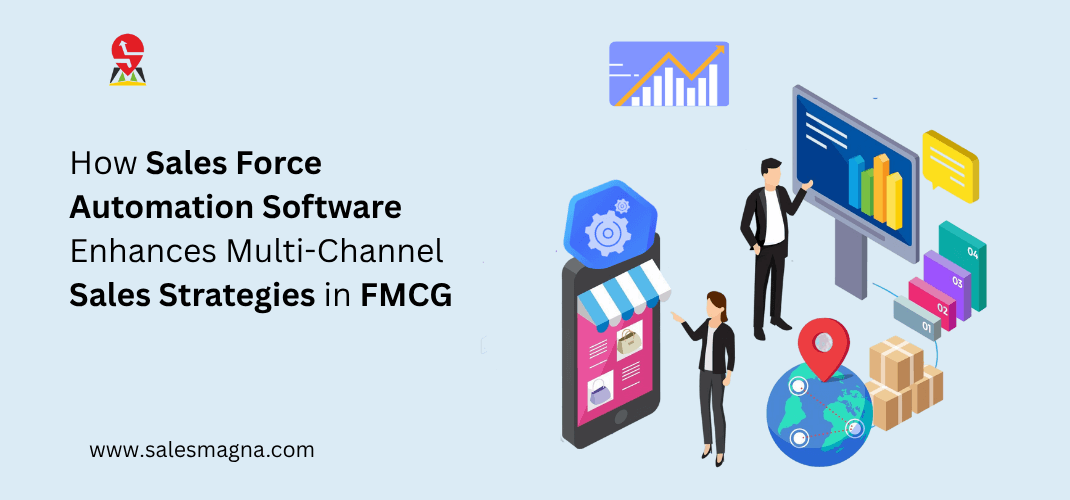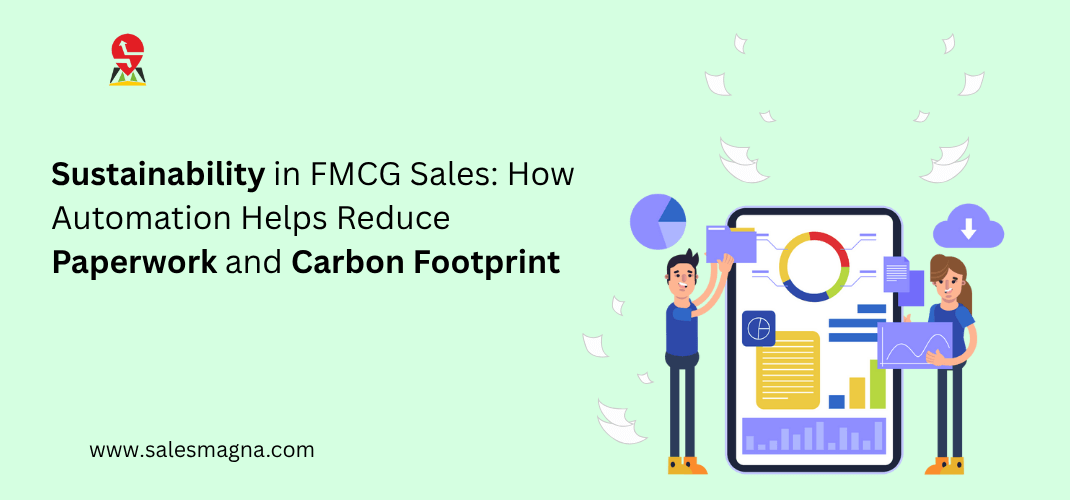For decades, field sales operations have struggled with one persistent problem: lack of visibility. Manual processes, delayed reporting, and unverifiable field activity made it difficult for companies to maintain compliance and track accountability across their sales teams. But that era is coming to an end. Thanks to modern Field Force Automation (FFA) Software, organizations are now entering a new phase – one where transparency, real-time tracking, and audit-readiness are not just possible, but expected.
In industries like FMCG, pharmaceuticals, and consumer durables where regulations, retail standards, and compliance checks are becoming more stringent, field force automation software plays a critical role. Let’s explore how FFA software is reshaping the future of sales compliance and auditability.
The Growing Need for Compliance and Auditability in Field Sales
Compliance isn’t just about ticking boxes anymore. Whether it’s adherence to promotional guidelines, proper beat planning, approved visit sequences, expense reporting, or distribution protocols, companies need to ensure that their field teams are following predefined processes in real time.
Failure to maintain compliance can lead to:
- Revenue leakage due to false claims or unverified activities
- Regulatory penalties and brand reputation damage
- Inefficient sales performance audits
- Disputes between teams and management due to lack of traceability
This is why real-time monitoring and verifiable reporting have become non-negotiable.
How Field Force Automation Ensures Sales Compliance
1. Geo-verified Attendance and Visits
Field force automation software enables geo-tagged check-ins and check-outs. This ensures that attendance, outlet visits, and meeting durations are all verified by location data. Sales reps cannot mark attendance unless they are physically present at their assigned location, drastically reducing false reporting.
2. Route and Beat Plan Compliance
With intelligent beat planning features, sales managers can define exact routes, target retailers, and expected timings for each visit. Field reps are guided through their schedule, and deviations are logged automatically. This helps ensure that brand visibility and distribution are carried out as planned.
3. Real-Time Data Capture
Instead of waiting for end-of-day summaries or weekly Excel reports, FFA platforms offer real-time access to data. Orders, collections, new outlet additions, or scheme redemptions are logged and visible to managers instantly. This enhances control and allows for corrective actions if non-compliance is detected.
4. Digital Proof of Execution (PoE)
Photos of displays, shelf arrangements, or retailer signage can be uploaded directly through the app. These serve as visual proof of campaign execution. For compliance audits, this digital PoE becomes a key reference point and eliminates disputes.
5. Automated Expense Tracking
Most field reps submit travel or campaign expenses. With automation, travel distance can be tracked via GPS, and expenses linked to visits. Approval workflows ensure that only verified claims pass through, reducing fraud and maintaining financial discipline.
Auditability: The Long-Term Advantage
Audit readiness is no longer just a backend responsibility. With increasing demand for data-driven transparency, companies are being held to higher standards by internal stakeholders, distributors, and regulatory bodies alike.
Field force automation software simplifies audit processes in several ways:
- Centralized Logs: Every activity, from login time to order booking, is time-stamped and archived.
- Data Trails: Every change be it pricing updates, route changes, or promotional push – is recorded and traceable.
- Custom Reports: Companies can generate compliance or performance reports across reps, regions, and timelines for internal or third-party audits.
The result? Less time spent gathering paperwork and more confidence during compliance checks.
The Road Ahead: AI and Predictive Compliance
Looking forward, the role of AI in field force automation will push compliance and auditability even further. AI can flag unusual patterns, such as missed visits, fake check-ins, or suspicious order spikes, and alert managers in real time. Combined with predictive sales planning, this means companies won’t just detect non-compliance – they’ll prevent it.
Conclusion
As sales operations become more distributed and competitive, companies can no longer afford to leave compliance and accountability to chance. The integration of field force automation software is a game-changer, offering visibility, control, and verifiability at every level of field execution.
Whether you’re an FMCG brand, a pharma company, or a growing consumer brand looking to expand, embracing automation is not just a choice, it’s a requirement. With platforms like SalesMagna, the transition from manual reporting to intelligent compliance has never been easier or more impactful.


